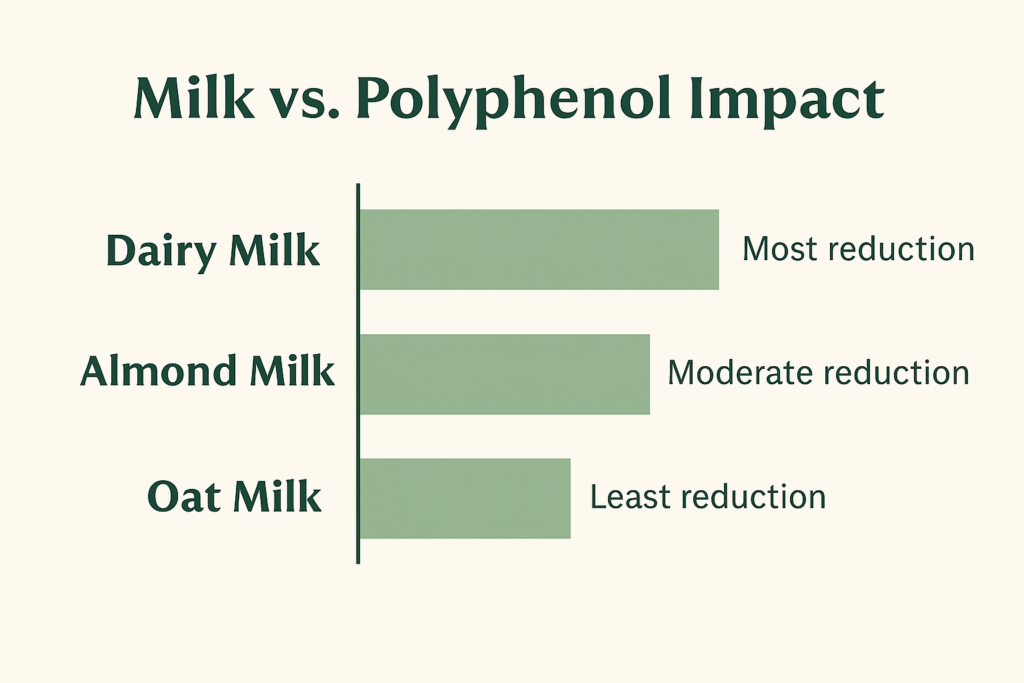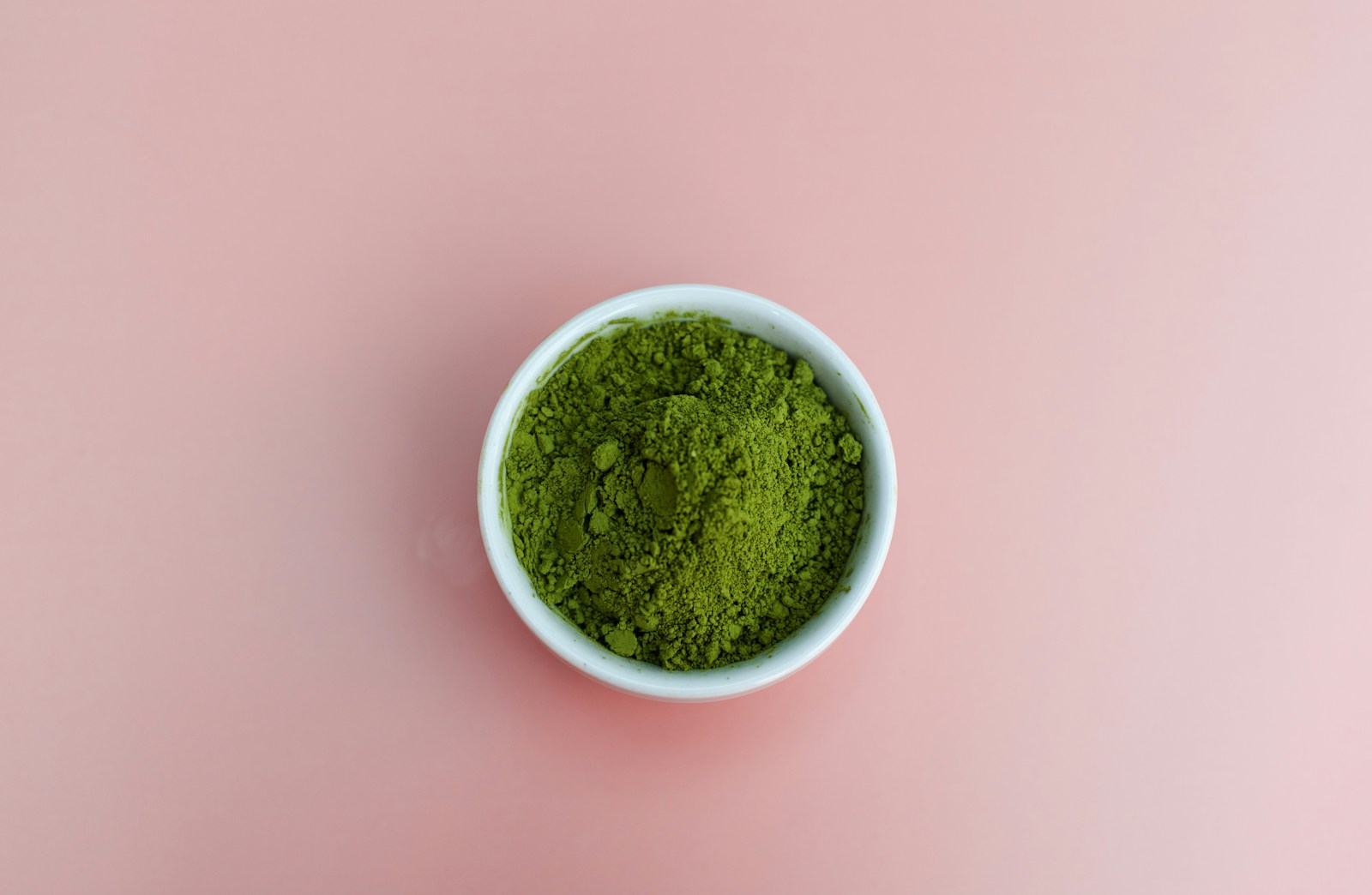Matcha has gone from niche to mainstream — and with good reason. This vibrant green powder, made from finely ground Japanese green tea leaves, offers a unique combination of calm energy, antioxidants, and wellness perks that make it more than just a trendy latte ingredient. Here’s why matcha deserves a place in your cup.
1. Calm, Focused Energy
Unlike coffee, matcha delivers a smooth and sustained boost — no jitters, no crash. This is thanks to a powerful pairing of caffeine and L-theanine, an amino acid that promotes relaxation without drowsiness. The result? A state of calm alertness that can improve focus, reduce anxiety, and support productivity throughout the day.
2. A Powerful Source of Antioxidants
Matcha is packed with EGCG (epigallocatechin gallate), one of the most potent antioxidants found in nature. Antioxidants help neutralise harmful free radicals in the body, supporting:
- Healthy skin
- Reduced inflammation
- Lower risk of chronic diseases
Matcha contains more antioxidants than regular green tea, because you’re consuming the whole leaf, not just an infusion.
3. Brain-Boosting Properties
That L-theanine and caffeine combo doesn’t just keep you alert — it can also improve memory, attention, and reaction time. Studies have shown that matcha can support cognitive function, making it a smart choice before study sessions, creative work, or any mentally demanding task.
4. Natural Metabolism Support
Looking for a gentle metabolism kick? EGCG has been shown to help increase fat oxidation and support weight management when paired with a balanced diet and lifestyle. While it’s no magic bullet, matcha can be a helpful part of a healthy routine.
5. Gentle Detox Support
Matcha is grown in the shade, a technique that increases its chlorophyll content. Chlorophyll may support the body’s natural detox pathways, and it’s also what gives matcha its vibrant green colour. While more research is needed, many people find matcha helps them feel refreshed and balanced.
The Ritual Matters Too
Beyond the health benefits, preparing matcha is a ritual in itself. Whisking it in hot water, watching the froth rise — it’s a moment of calm and intention in a busy day. Whether you enjoy it as a morning latte, an afternoon pick-me-up, or in a smoothie, matcha offers a small pause with big benefits.
In a nutshell: Matcha is more than a wellness trend. It’s a time-tested, antioxidant-rich, brain-boosting beverage with a calming kick of caffeine. Delicious and good for you — what’s not to love?
Great! Here’s the email version of the blog post — concise, visually scannable, and easy to read on mobile. I’ve also included an optional matcha latte recipe at the end.
Subject: Why Matcha Might Be the Best Thing in Your Cup Today
(No subject line in reply, as requested.)
Hi there,
Thinking of switching up your daily brew? Here’s why matcha is more than just a pretty green drink — it’s packed with benefits that could seriously upgrade your day.
5 Reasons to Love Matcha
1. Calm, Focused Energy
Matcha contains caffeine and L-theanine — giving you a smooth, jitter-free boost with better focus and no crash.
2. Antioxidant Powerhouse
Matcha is rich in EGCG, a powerful antioxidant that supports healthy skin, reduced inflammation, and cellular repair.
3. Brain Function Boost
That caffeine/L-theanine combo? Also great for memory, reaction time, and concentration.
4. Natural Metabolism Support
Some studies link matcha to a gentle increase in calorie burn and fat oxidation.
5. A Moment of Mindful Ritual
Making matcha can be calming and grounding — a small, intentional pause in your day.
Matcha Latte Recipe (Quick + Easy)
You’ll need:
- 1 tsp matcha powder (ceremonial grade is best)
- 60ml hot water (not boiling)
- 200ml hot milk (dairy or plant-based)
- Optional: 1 tsp honey or maple syrup
To make:
- Sift the matcha into a bowl or mug to avoid clumps.
- Add hot water and whisk until smooth and frothy (a bamboo whisk or handheld milk frother works best).
- Add steamed milk and sweetener if using.
- Enjoy warm or pour over ice for an iced version.
Yes — milk can reduce the potency of polyphenols, but the extent depends on the type of polyphenol and the amount of milk used.
Dairy warning ⚠️
Milk contains proteins (mainly casein) that can bind to polyphenols — especially flavonoids like catechins in tea and EGCG in matcha. This binding may:
- Reduce absorption in the gut
- Alter antioxidant activity
In some studies (especially on black tea), milk significantly reduced measurable antioxidant capacity. But the results are less clear for green tea and matcha — some studies show a minor reduction, others show little impact.
Does this mean no milk in your matcha?
Not necessarily:
- Small amounts of milk (like in a latte) may have only a modest effect, especially with high-quality matcha that’s rich in antioxidants.
- Plant-based milks (e.g. oat, almond) typically have fewer proteins that bind to polyphenols — so they may preserve more of the benefits.
- You’re still getting some polyphenol benefit — and if adding milk helps you drink matcha daily, that’s a win.
Bottom line
Milk may slightly reduce polyphenol potency — especially animal milk — but not enough to cancel out matcha’s benefits. If you love your latte, go for it. Just choose a high-quality matcha and don’t worry too much about a splash of milk.
Want a quick visual comparison chart of milk types vs polyphenol impact?


Leave a Reply